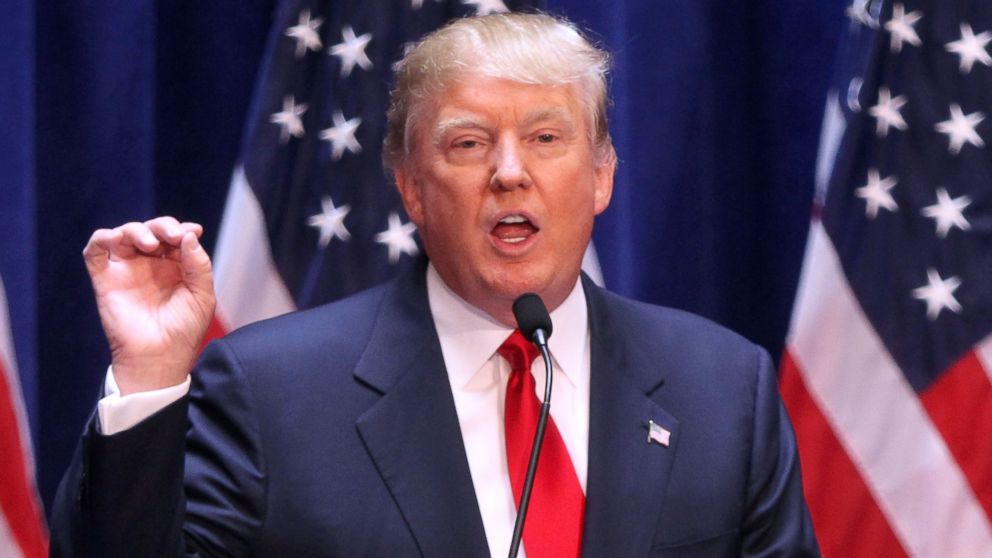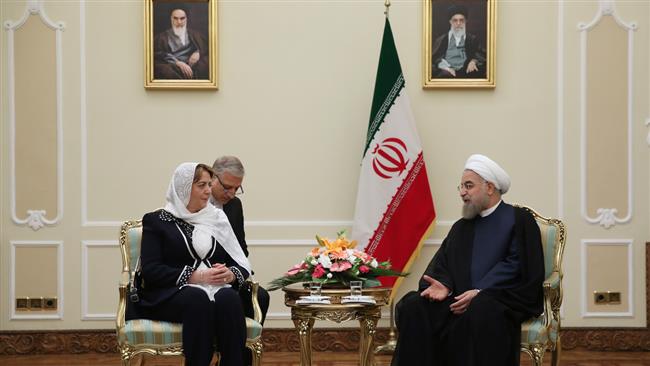
After the election of Donald Trump as the new US president, many cases including the Iran nuclear deal became under cancellation threat, but analysts said this move will be very hard to achieve and have negative effects too.
Barack Obama, The former US leader, was behind the historic Iran nuclear deal with P5+1 powers, agreed upon last year, which saw Tehran agree to amend its nuclear output in order to lift all nuclear-related economic sanctions, freeing up tens of billions of dollars in oil revenue and frozen assets.
However, Trump has said during his election campaign that the deal as “disastrous” and said it would be his “number one priority” to dismantle it.
“It is hard to believe a president of the United States would actually put his name on an agreement with the terrorist state Iran that is so bad, so poorly constructed and so terribly negotiated that it increases uncertainty and reduces security for America and our allies, including Israel,” Trump said last year.
“When I am elected president, I will renegotiate with Iran — right after I enable the immediate release of our American prisoners and ask Congress to impose new sanctions that stop Iran from having the ability to sponsor terrorism around the world,” Trump added in the same statement.
However, dismantling the deal with Iran will not be so easy, according to Michael Axworthy.
In addition to Iran and the US, there are four other signatories – the UK, France, China and Russia, all of whom are convinced that the deal is important and valuable. Even Saudi Arabia seems recently to have come round to the idea that it’s better to have the deal than to lose it. If Trump acts against the deal (or even if he just sits back and allows Republican hawks to enact new sanctions legislation) it is to be expected that the Iranians will walk away from it and revert to their previous policy: enriching uranium that could someday be used to create a nuclear weapon. That would be bad for Israel and everyone else, and would also make Trump look bad.
The Trump presidency is worse for the prospects of the nuclear deal than a Clinton presidency would have been. But it may not necessarily turn out that way. Trump has suggested that he might work with the Russians to destroy Islamic State in Syria, which would in effect mean working with Iran too and put his policies under questions and doubts.
Trump’s goal in ending the nuclear deal will empower the Iranian hardliners and give them more tools to spread terror in the regions.
The Iranian Revolutionary Guards and their conservative supporters remained always distrustful of the West, professing no need for foreign companies and emphasizing security and social conservatism over international engagement. They hew to what Supreme Leader Ali Khamenei calls a “resistance economy” of self-reliance.
During years of sanctions that kept away many foreign companies, the Islamic Revolutionary Guard Corps stepped into the void, building a network of companies that came to dominate Iranian industries from energy to telecommunications.
The Revolutionary Guards first secured an economic foothold after the Iran-Iraq war of the 1980s when Iran’s clerical rulers allowed them to invest in leading Iranian industries. Their economic influence grew after former guardsman Mahmoud Ahmadinejad was elected president in 2005.
After lifting the sanctions, Rouhani tried to limit their dominance in the economic area.
But Trump’s victory can just put the economy in their hands again
“With Trump’s victory, Iran needs the Guards … they will gain more economic and political power,” an analyst said.
Tehran could turn to the Guards for help with the economy if Western companies decide to stay away from Iran, and their hands will be over everything. They will use this dominance as a tool to finance their intervention in the region. Trump will be giving them just the present they always needed.



